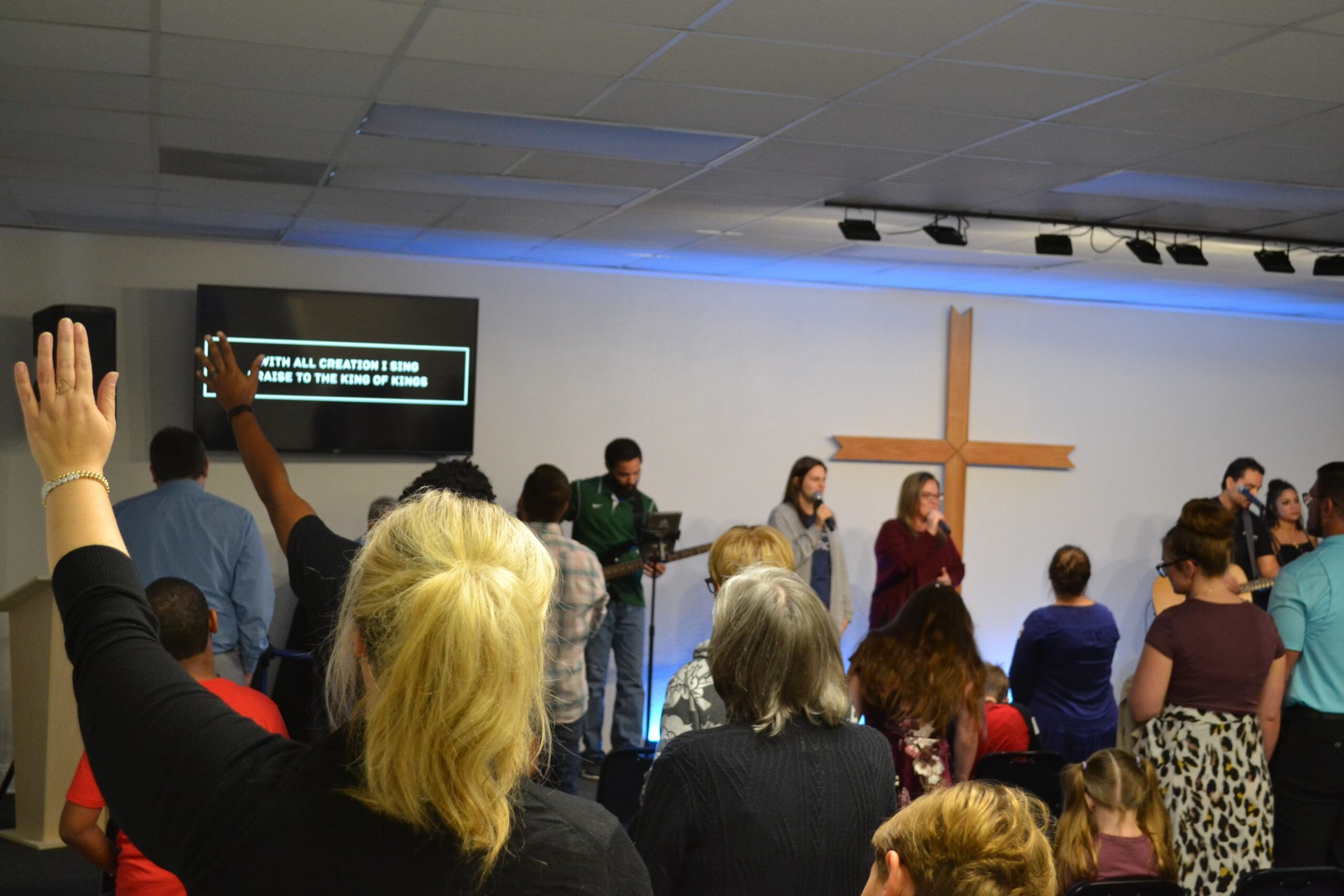Why the Reformation Matters Today
On October 31st, 1517, Martin Luther, a Roman Catholic Monk, nailed his 95 theses to the door of his church. Luther wrote these words out of a deep concern with the Roman Catholic Church’s view on several issues that Luther deemed unBiblical. His efforts led to what is now referred to as the Protestant Reformation.
I don’t want to spend this entire post recounting the historical moments that both preceded and succeeded Luther’s actions on this day. If you want to read more about Reformation Day, I’ll provide a few links at the bottom. You can also read more from this blog post.
What I want to write about is how the Reformation impacts us today. Though they were flawed men and women, the stance taken by the Reformers 500-plus years ago is a model for us today.
We must take a stand for the Gospel.
After Luther posted his 95 theses, he knew he would have to defend his claims. So he stood before the Emperor of Rome and, knowing he may very well lose his life, stated, “Here I stand. I can do no other. So help me, God.”
What Luther was standing for was the Gospel. While the church he served under said salvation can be earned or paid for or you can pay your relatives out of purgatory, Luther read from the Scriptures that our righteousness was like filthy rags and the only hope for salvation is through Jesus Christ. After years of hating what he was reading in the Scriptures, he fell in love with the righteousness of God. Christ died for our sins and it is his righteousness that is placed on us.
This, among other doctrinal concerns, led Luther to take a stand against the Roman Catholic’s idea of the Gospel. His influence then is an example for us today. In the midst of so many false gospels, we must take a stand for the true Gospel of Jesus Christ; that salvation comes by grace alone, through faith alone, in Jesus Christ alone (Ephesians 2:8-9).
The church in Luther’s day wanted to make sinners look good, but as Luther put it: “Sinners are attractive because they are loved; they are not loved because they are attractive.”
While we take a stand for the gospel, it also means we take a stand against false gospels taught by churches. Whether it’s the deceitful prosperity Gospel or a works-based gospel, we must take a stand for the Gospel. Taking a stand for the Gospel has never been popular, but if we fail to take a stand, then who will? The apostle Paul took a stand for Gospel priority by calling out those who abandoned the Gospel of Jesus:
[6] I am astonished that you are so quickly deserting him who called you in the grace of Christ and are turning to a different gospel—[7] not that there is another one, but there are some who trouble you and want to distort the gospel of Christ. [8] But even if we or an angel from heaven should preach to you a gospel contrary to the one we preached to you, let him be accursed. [9] As we have said before, so now I say again: If anyone is preaching to you a gospel contrary to the one you received, let him be accursed. [10] For am I now seeking the approval of man, or of God? Or am I trying to please man? If I were still trying to please man, I would not be a servant of Christ. (Galatians 1:6–10)
We must take a stand for the Scriptures.
Luther’s conflict with the church began when the church’s teachings collided with his understanding of the Scripture. He was a Scholar and when he realized that the church was teaching something contrary to the Word of God, he spoke up. He saw God’s Word as authoritative and should be available to all people.
God’s Word must be the authority in our lives. It’s how we learn about God, his grace, and his forgiveness through Jesus (2 Timothy 3:16-17). The Holy Spirit uses Scripture to convict us daily. Limiting its authority is a dangerous step toward apostasy. The church must teach and disciple believers on how to read and study the scriptures.
We also must make sure that all we do within the church is founded on the teachings of the Bible. Our traditions, our theology, and our individual and corporate practice must be grounded in the Word of God. Luther stood up for the authority of the Scriptures during a time when the Catholic church claimed to hold all authority.
We must take a stand for God’s Glory.
It may sound odd, but the church today needs Jesus. While Luther’s church may have said “Jesus!”, everything else said otherwise. It was about the church, it was about the Pope, it was about money. It was about everything other than Jesus. Unfortunately, too many churches have become about other ideas other than Jesus.
If programs, methods, or anything else becomes more important than Jesus, then we’ve missed it. If we give over to more lights or more buildings or more “attractiveness” and set Jesus to the side, then it’s necessary to evaluate our churches. The Reformers understood that it was through Christ alone and it was for God’s glory alone. They weren’t out to make a name for themselves or for their church, they only desired to make a name for Jesus.
Here are a few indicators that a reformation may be needed within a church:
- If the worship is about how well done and entertaining the music is and not about who God is, then a reformation is needed.
- If the preaching becomes about the speaker’s giftedness or focuses on relative topics and opinions and not about the teaching of God’s Word, then a reformation is needed.
- If the church becomes inwardly focused and not focused on the spreading of the gospel to people outside the church, then a reformation is needed.
It’s never been about us; it must always be about God’s glory.
So much more could be said about the influence of the Reformers. Their impact 500 years ago should influence us to take a stand for Scripture Alone, Faith Alone, Grace Alone, Christ Alone, and to the Glory of God Alone. May we all be reformers in our churches.
Happy Reformation Day.
****
ARTICLES
What is Reformation Day? – ligonier.com
3 Things Every Christian Should Know About the Reformation. – thegospelcoalition.com
Here We Stood (a brief history of Martin Luther) – desiringgod.org
The Reformation and your Church – 9marks.org (This is a Fall Journal loaded with great articles on the reformation. Save this link and read/watch/listen to everything that is included.
DOCUMENTARIES AND PODCASTS
Luther: The Life and Legacy of the German Reformer – Watch this documentary in its entirety to discover the events God used in Martin Luther’s life that led him to rediscover the gospel of justification by grace alone, through faith alone, in Christ alone.
Luther in Real Time – It’s 1520. Martin Luther has been declared a heretic by Pope Leo X, and his books are being burned. How much longer before Luther himself is thrown into the fire?
Enter the German Reformer’s dramatic story with Luther: In Real Time. First released 500 years after the events described, this podcast allows you to walk in Martin Luther’s footsteps from his heresy charges to his famous stand for the authority of God’s Word at the Diet of Worms. Share this podcast with people of all ages so they can hear—in Luther’s own words—what Protestants are protesting and why it still matters today.



